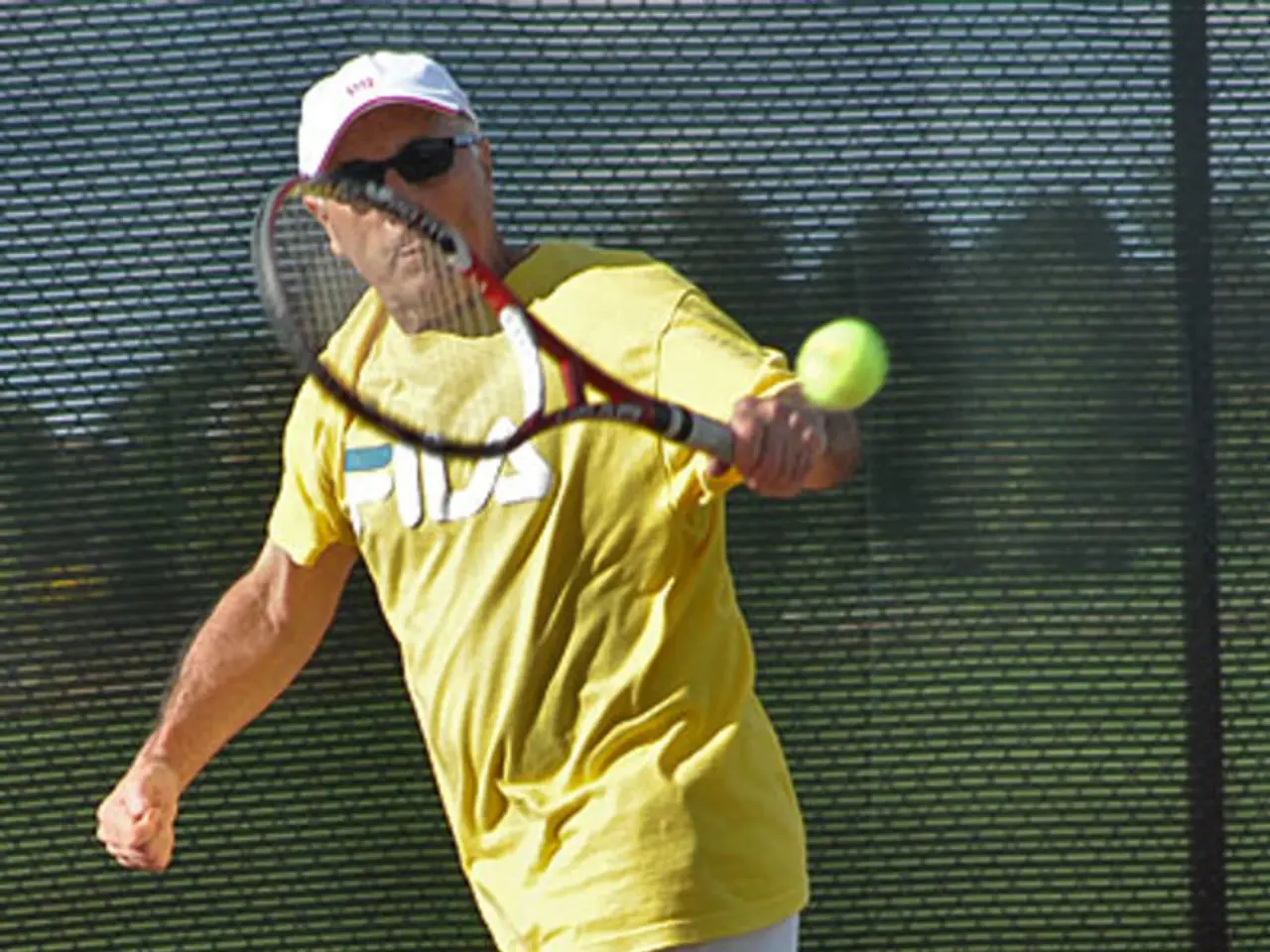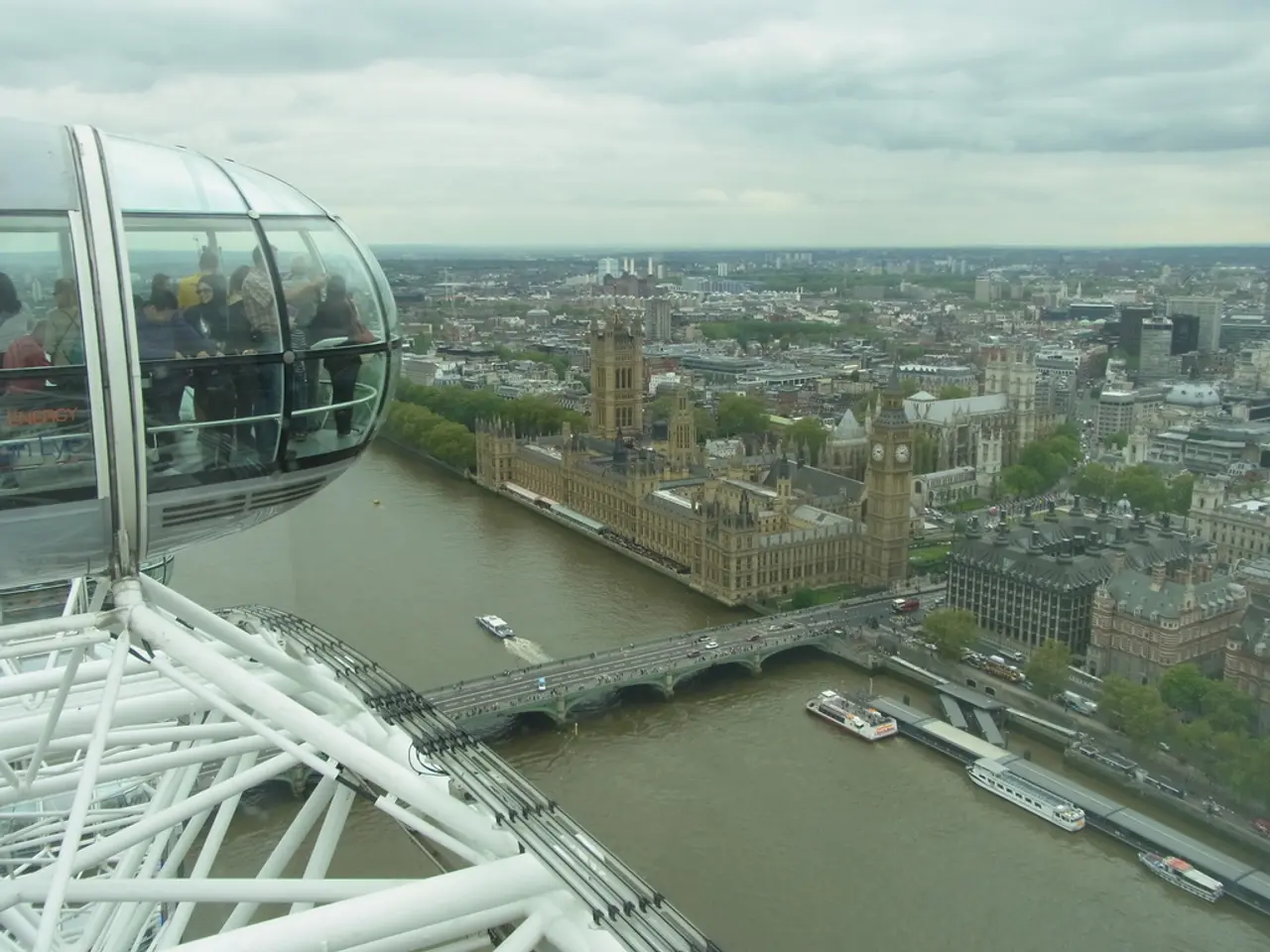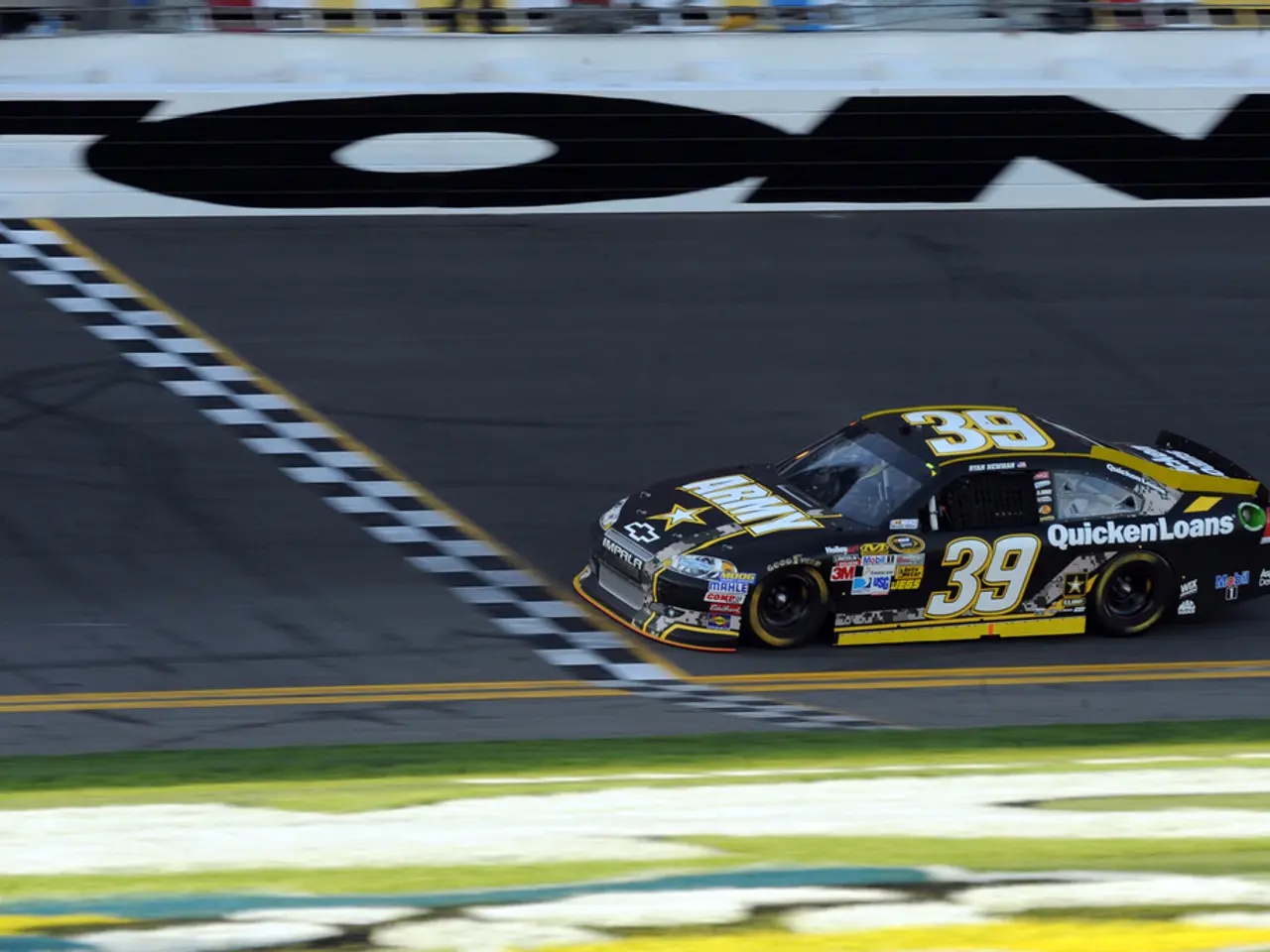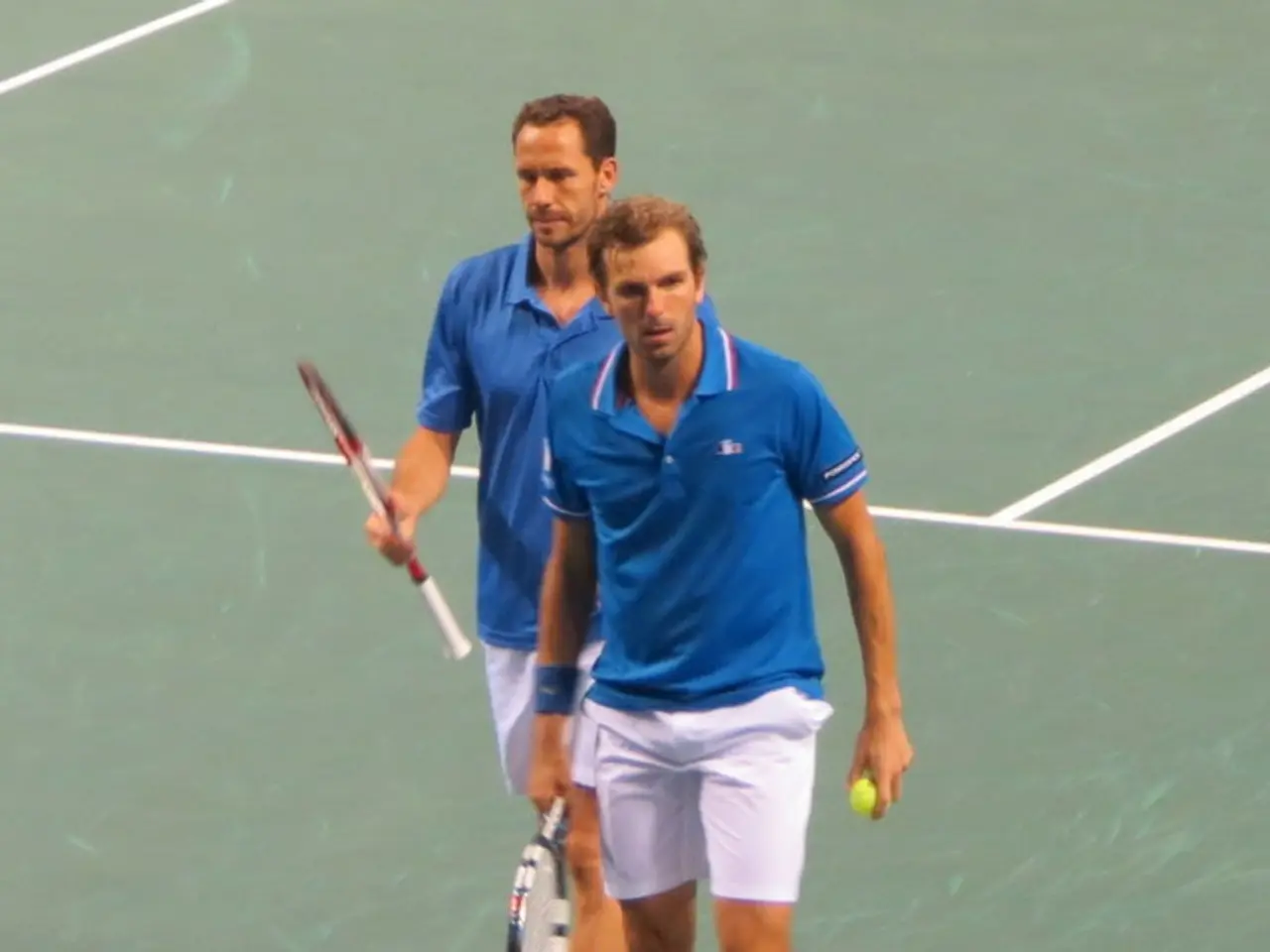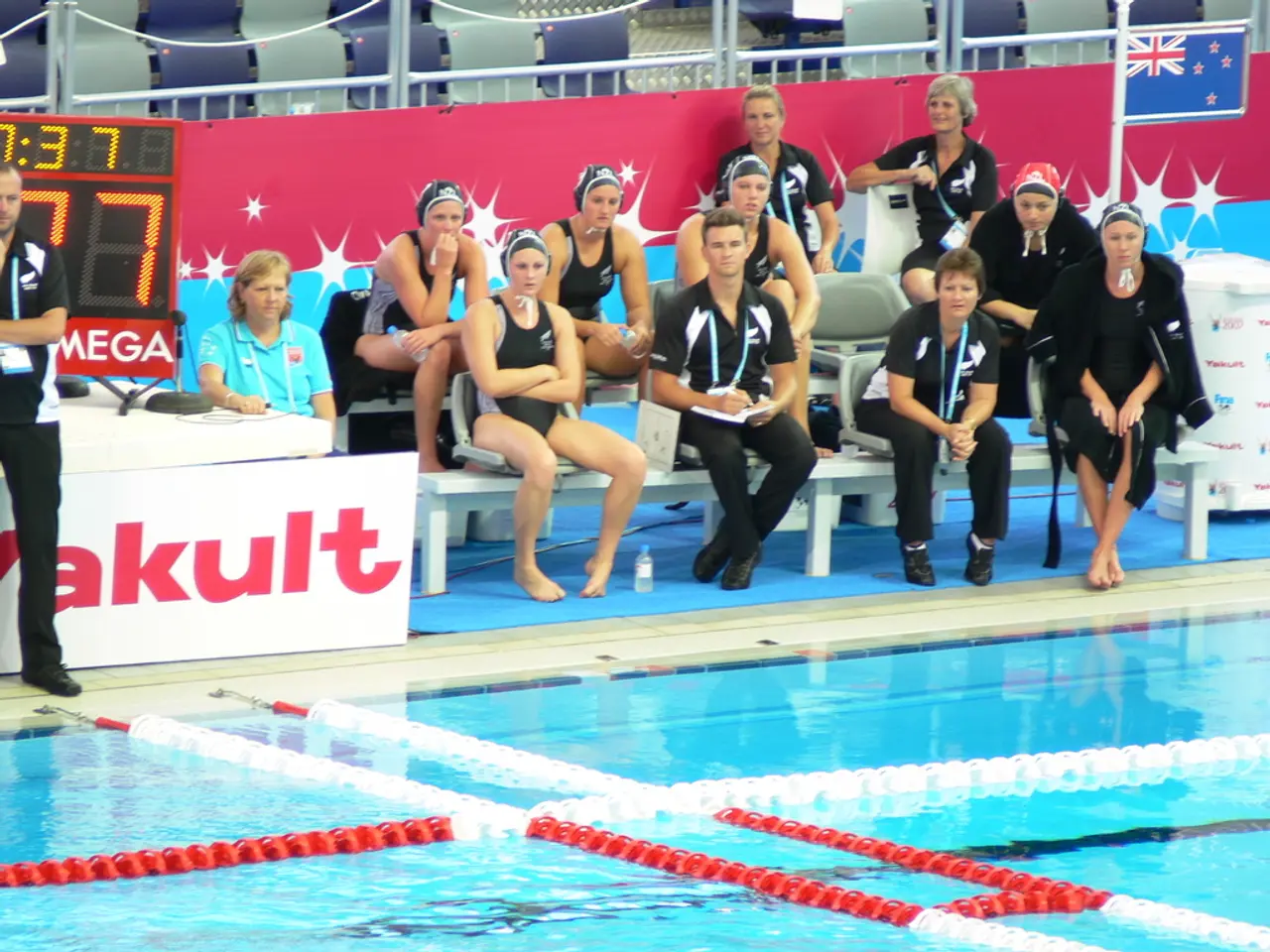Troubles during the finals in Australia and a subsequent mental collapse. Examining the factors behind Zverev's struggles.
Alexander Zverev, the German tennis star, has been open about his mental crisis that has been affecting his performance on the court since his loss at the Australian Open final earlier this year. The crisis, which Zverev has described as a battle between burnout and grand slam ambitions, has been a source of intense loneliness and prolonged mental health struggles[1][2].
Since his defeat to Jannik Sinner in the Australian Open final, Zverev has been grappling with mental health issues, feeling very alone and unable to find joy both on and off the court[1][2]. This loneliness and mental struggle persisted throughout the season, contributing to disappointing results such as his first-round loss at Wimbledon after a five-hour match[1][3][4].
The high-pressure environment of elite tennis, including expectations from social media, sponsors, family, and coaches, has exacerbated Zverev's mental state. Former players and peers have highlighted that many professionals endure severe psychological pressures from a young age, which often leads to burnout and mental health crises[1][4].
In an effort to find better support, Zverev has been considering changes in his coaching situation. One such change includes talks about working with Toni Nadal, Rafael Nadal's uncle, to help navigate his challenges[2]. The Nadal family is providing new impulses to Zverev, offering guidance and support as he navigates his mental crisis.
Zverev's openness about his mental health challenges has been notable but controversial, as some experts and former players suggest that revealing such struggles publicly might affect perceptions and pressures[1][4]. However, his honesty serves as a reminder of the complex interplay of athletic expectations, personal emotional struggles, and the isolating nature of professional sport that can contribute to mental crises in elite athletes.
References:
[1] BBC Sport. (2022, January 26). Alexander Zverev: 'I'm just tired' after Australian Open final. Retrieved from https://www.bbc.co.uk/sport/tennis/59944773
[2] Tennis World USA. (2022, February 2). Alexander Zverev's mental health struggles and the pressure of being a tennis superstar. Retrieved from https://www.tennisworldusa.org/news/articles/32156/2/alexander-zverev-s-mental-health-struggles-and-the-pressure-of-being-a-tennis-superstar
[3] The Guardian. (2022, June 28). Alexander Zverev loses first-round match at Wimbledon after five-hour epic. Retrieved from https://www.theguardian.com/sport/2022/jun/28/alexander-zverev-loses-first-round-match-at-wimbledon-after-five-hour-epic
[4] ESPN. (2022, July 6). Alexander Zverev says he's been struggling with mental health issues since Australian Open loss. Retrieved from https://www.espn.com/tennis/story/_/id/34183037/alexander-zverev-says-hes-been-struggling-mental-health-issues-australian-open-loss
Alexander Zverev, in his quest for guidance, has considered working with Toni Nadal, a move aimed at managing his mental health challenges. Meanwhile, other professional tennis players have shared experiences of enduring severe psychological pressures from a young age, which often leads to burnout and mental health crises, like the one faced by Zverev.
